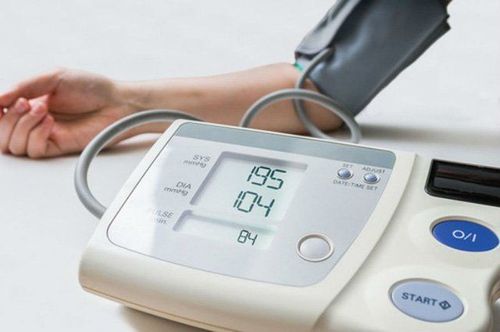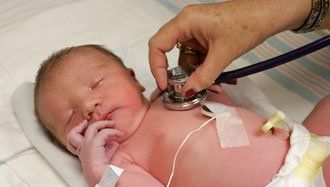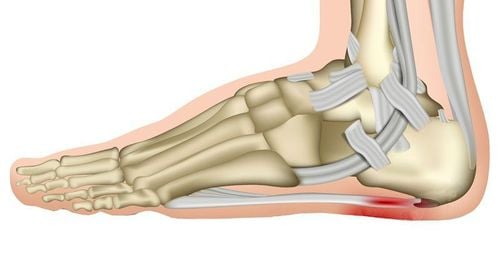Nội dung bạn đang tìm kiếm không có phiên bản tiếng Việt.
Vui lòng chọn tiếp tục để xem nội dung tiếng Anh hoặc đi đến trang chủ Tiếng Việt.
Rất xin lỗi về sự bất tiện này.

Home
Tag Caring for premature babies
Articles in Caring for premature babies
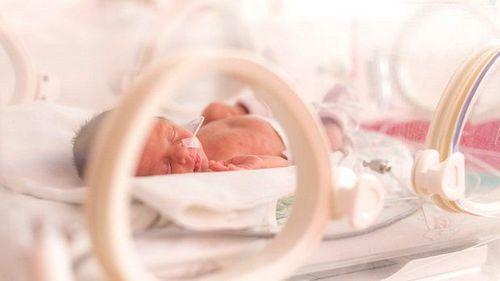
Acute respiratory failure in premature infants: Risks and complications
Neonatal respiratory distress syndrome, also known as hyaline membrane disease, is the most common condition in premature babies. The disease can leave many dangerous complications for the baby later on, even more dangerous is taking the baby's life if not detected and treated early.
Xem thêm

Why are premature babies prone to respiratory failure?
Respiratory distress syndrome is common in premature infants, the younger the baby is, the higher the risk of respiratory failure. This is a very dangerous symptom for the baby's life, so it needs to be diagnosed early and intervened promptly.
Xem thêm

Surfactant pump for neonatal respiratory failure: Things to note
Primary surfactant deficiency in premature infants causes respiratory distress syndrome. This syndrome is usually treated with surfactant supplementation. Previously, medicine often used the technique of infusing surfactant through the endotracheal tube and putting the baby on a ventilator. Today, the technique of infusing surfactant to treat neonatal respiratory distress is less invasive and is increasingly widely used.
Xem thêm
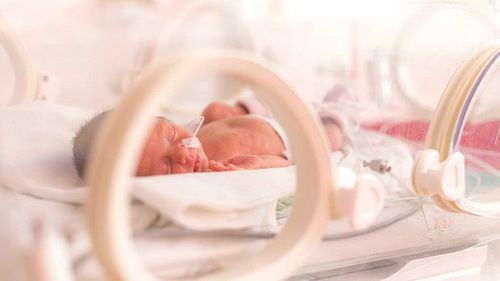
Differential diagnosis of acute respiratory failure in neonates
Respiratory failure is a common syndrome in premature babies due to the respiratory system's inability to maintain gas exchange in accordance with the body's needs. The number of deaths due to respiratory failure is currently the leading cause of neonatal deaths.
Xem thêm

Complications can be encountered when the infant has respiratory failure
Respiratory distress syndrome in newborns is common in premature babies, causing respiratory failure due to underdeveloped lungs and lack of surfactant, leading to reduced alveolar surface area for gas exchange.
Xem thêm

Care and nutrition for premature babies at home
Premature babies are babies born before 37 weeks of gestation, usually weighing less than 2500g. The younger the gestational age of the baby, the higher the risk of dangerous complications. Therefore, parents need to have knowledge about the care and nutrition of premature babies at home.
Xem thêm
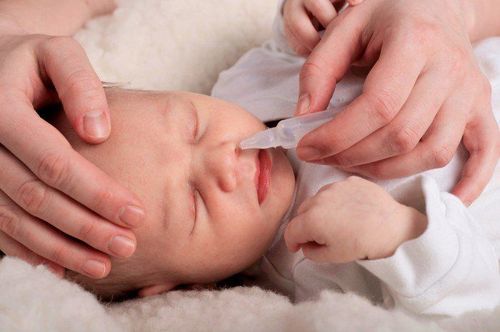
How to recognize acute respiratory failure in infants?
Acute respiratory distress syndrome is common in premature infants, the younger the baby is, the higher the risk. This is a very dangerous syndrome for the baby's life, so it needs to be diagnosed and intervened promptly. So how to identify acute respiratory distress in newborns?
Xem thêm
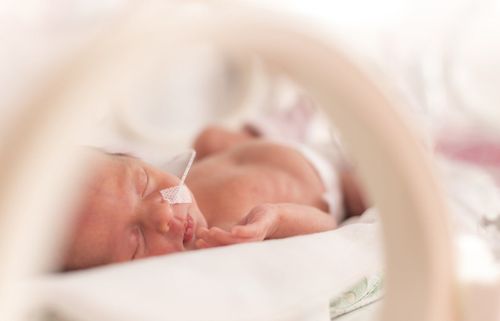
Knowledge to know when taking care of premature babies
The consequences of premature birth, also known as prematurity, are often low birth weight, weak resistance, malnutrition, affecting the child's intellectual development. Therefore, child care and nutrition for premature babies play a very important role. However, not all parents know how to care for their children properly.
Xem thêm
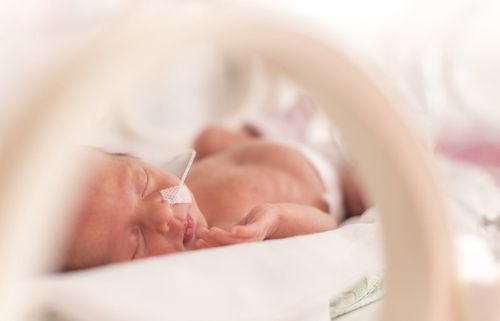
Criteria for discharge from the hospital with premature babies
Premature babies often have some health problems. Therefore, they will be cared for and monitored in the hospital for a while. And when they meet certain standards of physical condition and health, premature babies can be discharged from the hospital.
Xem thêm

Factors associated with neonatal respiratory failure
Neonatal respiratory failure is most common in premature infants. The cause is that the baby's lungs are not yet fully developed, the alveolar surface area for gas exchange is not enough, causing respiratory failure. If not detected and treated promptly, it can lead to death in children.
Xem thêm

Premature babies: Gestational age determines the level of treatment
Feeding a premature, low birth weight infant requires careful planning and is very different from that of a full-term infant. This is necessary to accommodate the premature infant's immature digestive system while still meeting the needs of a growing body.
Xem thêm







